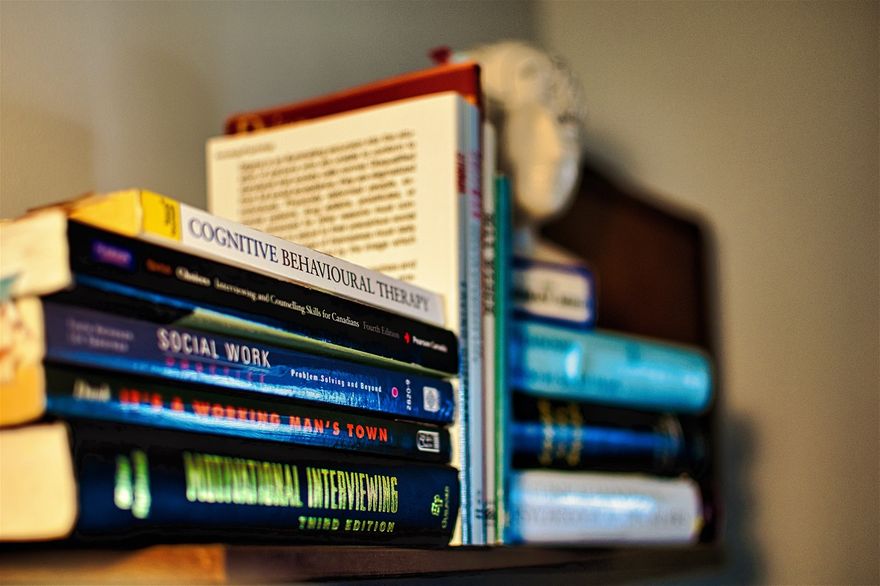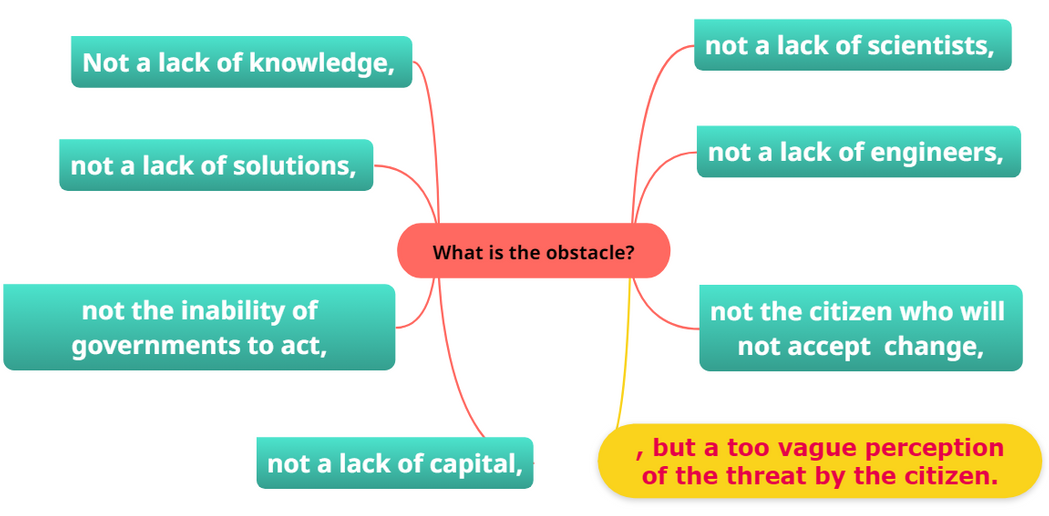Are We Infatuated With Complexity?
Martin Bartels
5 July 2021
Complexity vs. efficiency
The more complicated a social system becomes (e.g. the management of large companies, government administrations or non-profit organisations), the more redundancy it produces and the more loopholes open up that subsequently have to be plugged. In the process, structures and processes are becoming increasingly blurred and slow. Efficiency is on the decline. At the same time, the chance to put the whole system on a new and more solid footing decreases. Such experiences can drive us all to exasperation.
What are the reasons why modern institutions are increasingly becoming so complex?
Biology
There is a rule of evolution according to which organisms tend to become more and more complicated, often as a result of genetic random mutations. Some changes disappear later because they led to a weakening, some continue and lead to further complications.
The research is captivating, but are findings from biology transferable to human organisations? In fact, a biological organism is not the same as, for example, an administration organised by humans. Analogies may be intriguing, but are not more than food for thought.
Governance systems
There is extensive empirical research on the growth of complexity in administrative systems. It confirms that there is an innate tendency towards more and more complexity in human-made organisations.
Unlike biological organisms, however, there are ways to influence the process. New methods of internal communication and modern project management are approaches to mitigate the effects of the evolutionary process.
Another approach is to retain external consultants with a different perspective and experience from similar assignments. These can then introduce at least temporary simplifications.
To reverse the trend instead of easing it, do we have to become radical and destroy things?
Cognitive biases
The fact that people have cognitive biases is well known and generally accepted. These are thoroughly documented.
From a functional perspective, these are natural tendencies that lead us astray in our thinking, for example, to draw erroneous conclusions or to misjudge risks. If we are aware of the deviation from the path of rationality and have made ourselves aware of the biases, we have the chance to get back on the path.
A recent discovery
Engineers at the University of Virginia recently discovered an additional bias which they describe as an “aversion against subtraction”.
When people are faced with the task of finding a solution for a problem, they usually do not think about whether they can solve it by looking for a simplification. Rather, they predominantly tend to insert additional elements. In other words, the possibility of subtraction tends not to be part of our thinking routine.
When you listen to the scientists,
thoughts of all sorts of failures and disasters immediately come to mind. And clearly, this is a valid approach to explaining the tendencies towards over-complication of administrative processes or incomprehensibly worded contracts that are typical in industrial societies. The seemingly unstoppable wild growth of complication impairs comprehension and functionality.
There is little point in thinking about the causes of the aversion to solutions through subtractions. But it is important to ask whether and how we can overcome the bias or reduce its negative effects.
By modifying their experiments, the scientists found out in which way the biased thinking process can be brought back into balance.
If the problem solver
• knows about the bias
• is aware that simplifications are desirable
• works with no time pressure
• is not be distracted by another task,
then the probability of discovering possibilities of simplification increases.
The neutralisation of this bias thus takes place in a very similar way to the other known mind habits with harmful effects: The decision-maker must be acutely aware of the tendency and endeavour to compensate.
All the additions we make out of the bias will tend to be perceived by other people, including the next generations, as facts that must not be changed. These will equally tend to follow the natural inclination to avoid subtractions and instead rather make new additions to the previous ones. That process is certainly not good for society.
The significance of the discovery by the scientists from the University of Virginia is beyond doubt. The bias sets in when we put on our thinking hats, e.g. in technical developments, the planning of processes and the writing of regulations. It appears plausible that the impact will be greater in areas where the laws of science are less in the forefront. Tax law could be the most prone area.
The discoverers of the bias have given us a valuable impulse. We can avoid much harm if we acknowledge our propensity and make serious efforts to bring them under control.

